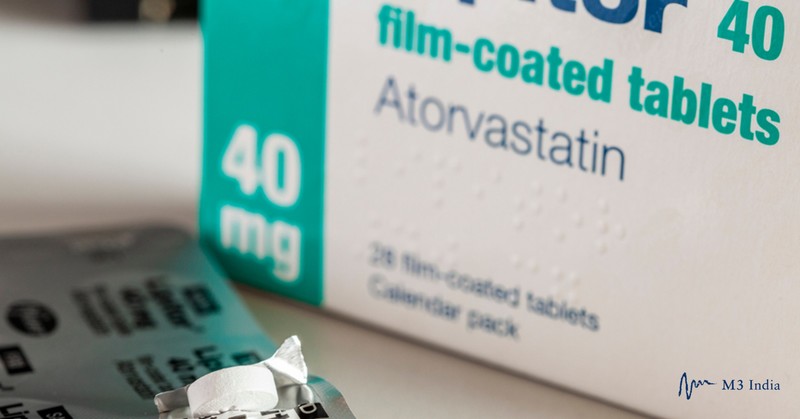A growing amount of data shows that intense inflammation, blood clots, and stroke are some of the most severe symptoms of COVID-19. Decades of research have also shown that aside from lowering cholesterol, statins decrease inflammation, reduce blood clots, and prevent damage to endothelial tissue—the thin layer of cells that line blood vessels and other organs. That tissue also appears to be affected by COVID-19. There’s also some evidence that statins act as antivirals.
For our comprehensive coverage and latest updates on COVID-19 click here.

On March 21, epidemiologist Haleema Shakur-Still got a WhatsApp message from Temitayo Shokunbi, a colleague at the University of Ibadan in Nigeria. He asked about starting a trial for treating COVID-19 patients with the drug hydroxychloroquine. At the time, several trials were already in the works to investigate the effectiveness of the antimalarial to counter SARS-CoV-2, the virus that causes COVID-19, so Shakur-Still didn’t think starting another one on the antimalarial would add much new information. She offered Shokunbi an alternative: test aspirin, statins, and anti-hypertensive drugs instead. These medications, Shakur-Still reasoned, could counter the intense inflammation and other tissue damage associated with COVID-19.
Because of those effects, epidemiologists such as Shakur-Still and other researchers want to see if statins could be a readily available treatment for COVID-19, a disease that has, so far, sickened more than 7.3 million people worldwide and killed 416,000.
